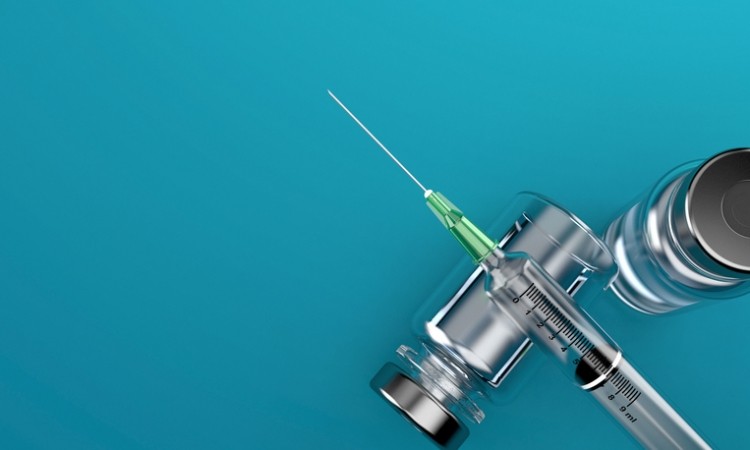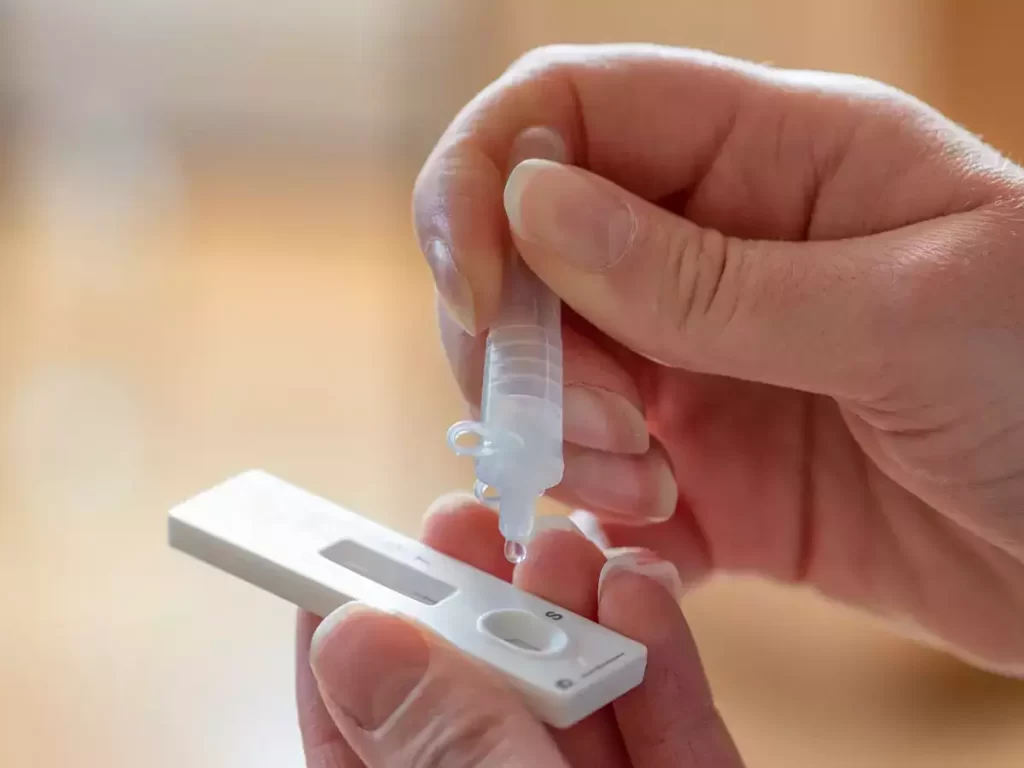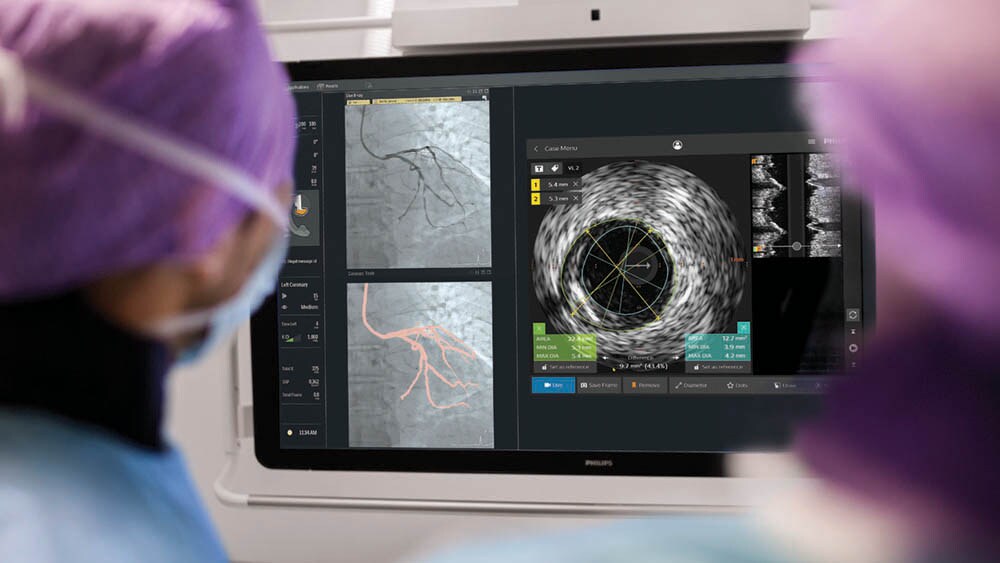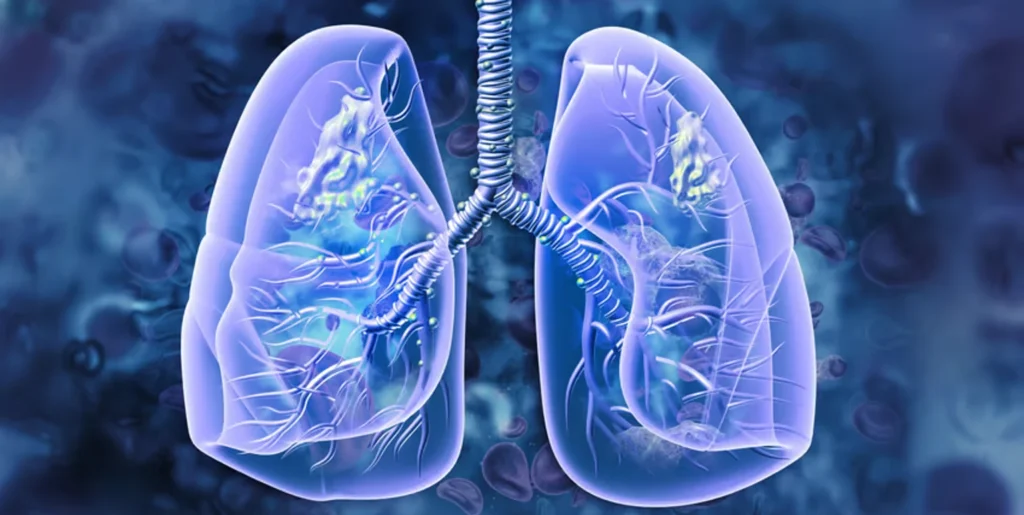Embracing the Vital Role of Preventive Healthcare

In the dynamic realm of healthcare, the emphasis on prevention is gaining momentum as a cornerstone of promoting overall well-being and reducing the burden of disease. Preventive care encompasses a spectrum of interventions, from routine screenings and vaccinations to lifestyle modifications and early detection strategies, all aimed at averting illness and preserving health. Understanding the importance of preventive care not only benefits individuals but also contributes to the sustainability of healthcare systems and the broader community.
The Importance of Prevention:
Preventive healthcare serves as a proactive approach to maintaining health and preventing the onset, progression, or recurrence of diseases. By focusing on early detection and intervention, preventive measures have the potential to mitigate health risks, improve outcomes, and reduce healthcare costs associated with treating advanced or chronic conditions. Moreover, preventive interventions can empower individuals to take control of their health, fostering a sense of ownership and accountability in their well-being journey.
Routine Screenings and Vaccinations:
Central to preventive care are routine screenings and vaccinations, which play pivotal roles in identifying health concerns early and bolstering immunity against infectious diseases. Screenings such as mammograms, colonoscopies, blood pressure checks, and cholesterol tests enable healthcare providers to detect abnormalities or risk factors before they manifest as serious health issues. Similarly, vaccinations protect individuals and communities from a myriad of communicable diseases, preventing outbreaks and reducing the spread of infections.
Lifestyle Modifications:
Beyond clinical interventions, preventive healthcare advocates for lifestyle modifications that promote health and reduce disease risk. Encouraging behaviors such as regular physical activity, balanced nutrition, smoking cessation, and stress management not only enhance overall well-being but also mitigate the risk of chronic conditions such as obesity, diabetes, and cardiovascular disease. Empowering individuals with the knowledge and resources to make healthy choices is integral to fostering sustainable habits and preventing disease onset.
Early Detection and Intervention:
Early detection remains a cornerstone of preventive healthcare, enabling timely intervention and improved treatment outcomes. Through regular health screenings and self-examinations, individuals can identify potential health concerns at their earliest stages, when interventions are often most effective. Whether through cancer screenings, routine check-ups, or monitoring of chronic conditions, early detection affords individuals the opportunity to access appropriate care and adopt strategies to manage their health proactively.
Promoting Preventive Healthcare:
Efforts to promote preventive healthcare must extend beyond individual actions to encompass broader initiatives aimed at increasing access, awareness, and utilization of preventive services. This includes leveraging technology for telehealth and remote monitoring, implementing community-based outreach programs, and addressing barriers such as cost, language, and cultural factors that may limit access to care. Additionally, healthcare providers play a crucial role in advocating for preventive measures, integrating them into routine practice, and engaging patients in shared decision-making.
Conclusion: As the adage goes, “an ounce of prevention is worth a pound of cure.” Embracing preventive healthcare not only safeguards individual health but also promotes resilience and sustainability within healthcare systems and society at large. By prioritizing prevention through routine screenings, vaccinations, lifestyle modifications, and early detection strategies, we can collectively work towards a healthier future for generations to come. Let us seize the opportunity to embrace preventive care as a cornerstone of health promotion, disease prevention, and wellness advocacy.














































